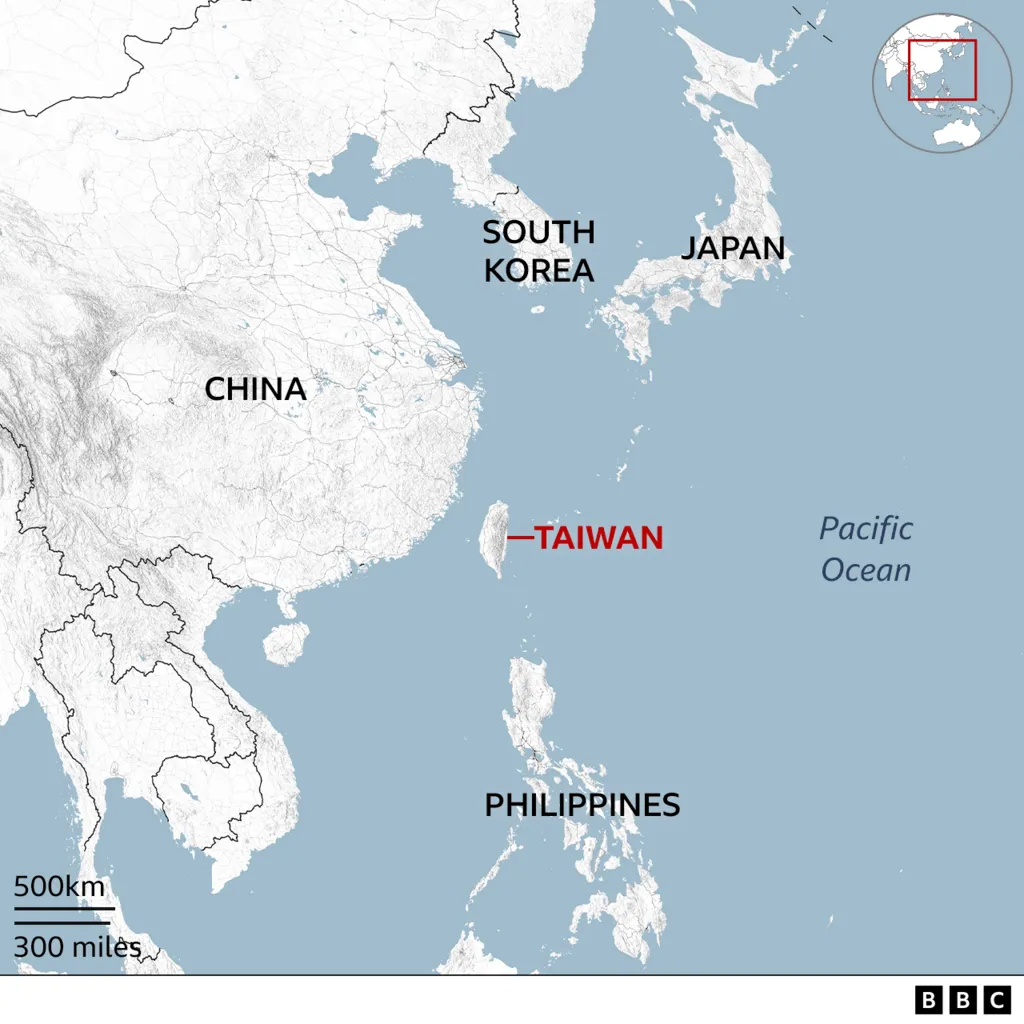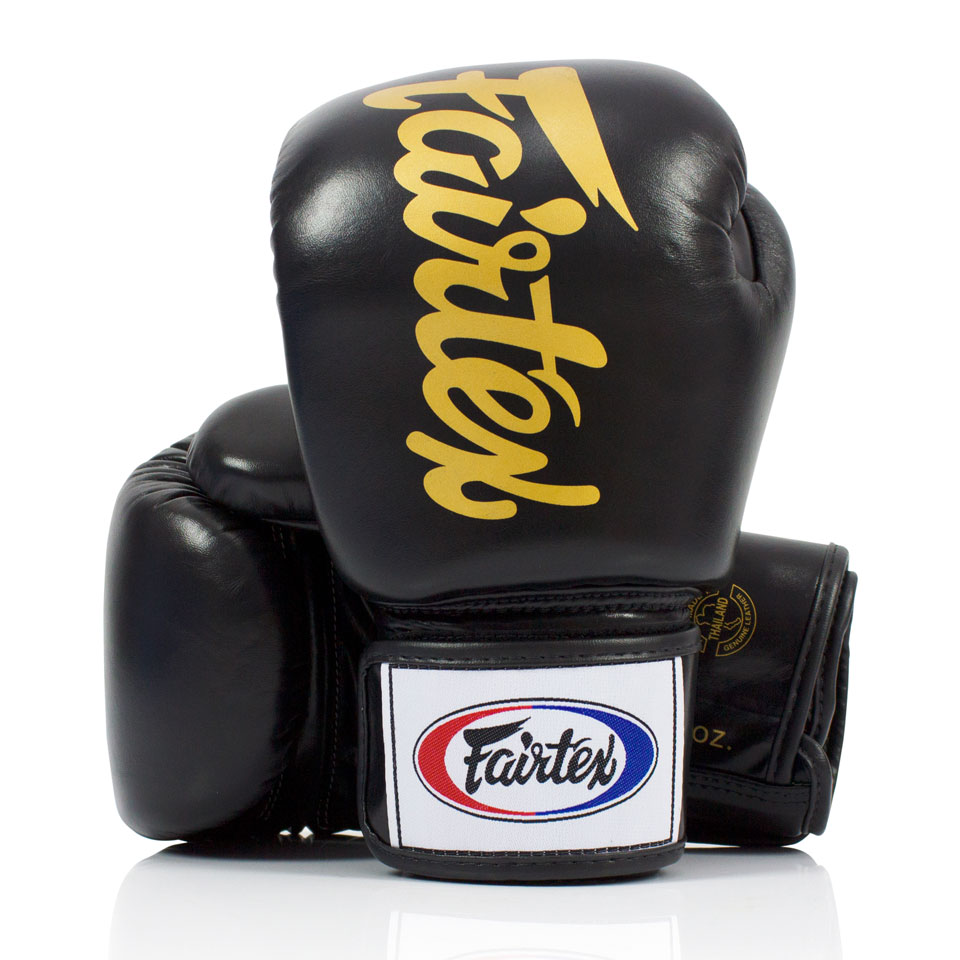On the frontline island of Kinmen, just a few kilometers from China’s coast, air raid sirens wailed as residents scrambled for cover. Government workers ducked under desks, hospital staff rushed to tend to “casualties,” and volunteers acted out missile strike scenarios.
The scene looked like the aftermath of an attack — but the blood was fake. It was part of Taiwan’s expanding civil defence drills, designed to prepare its 23 million citizens for a potential Chinese invasion.
Preparing for the Worst
China has repeatedly vowed to “reunify” with self-governing Taiwan, by force if necessary. President William Lai, who took office last year, has launched one of the island’s most aggressive defence overhauls in decades. His government has lengthened conscription, boosted military pay, expanded training, and plans to raise defence spending by 23% in 2025, with a long-term goal of reaching 5% of GDP.
The military’s annual Han Kuang exercises — once criticized as scripted — now include surprise scenarios, urban combat drills, and cyber warfare simulations. In Taipei, soldiers practised loading missiles in public parks and turning schools into repair stations, while civilian teams rehearsed evacuations, firefighting and mass casualty responses.
“By preparing for war, we are avoiding war,” Lai has said, echoing U.S. calls for Taiwan to strengthen its defences.
Public Scepticism
Despite the government’s urgency, most Taiwanese remain unconvinced that an invasion is imminent. A May survey by the Institute for National Defense and Strategic Research found that 65% of the population believes China will not attack within the next five years.
“China has threatened us for decades,” said Ben, a finance worker in Taipei. “If they really wanted to invade, they would have done it already.”
This skepticism is even stronger in Kinmen, which endured heavy Chinese shelling in the 1950s but now thrives on cross-strait tourism. “Why would they hurt us ordinary people?” asked shopkeeper Yang Peiling, who once hid in mountain caves during bombardments but now serves snacks to visitors from China.
Rising Tensions
Yet Beijing has steadily increased military pressure, sending record numbers of warplanes and ships into Taiwanese airspace and waters. U.S. officials warn China is preparing its forces for a potential invasion by 2027, though experts are divided on whether Beijing intends to act that soon.
Analysts note that Taiwan’s importance as a hub of semiconductor production makes it unlikely the world would stand by in the event of an attack. But some fear President Lai’s hard line could provoke China. “Lai is crazy in the way he talks to them,” said one Kinmen resident. “It might push Xi Jinping to act.”
Between Peace and Preparedness
Polls show most Taiwanese favor maintaining the “status quo” — avoiding both unification with Beijing and a formal declaration of independence.
Still, defence analysts say preparation is essential. “China is a threat, and it is preparing for war,” said Shen Ming-shih of Taiwan’s INDSR. “Taiwan cannot afford to ignore that.”
For now, Taiwan continues to drill, arm, and prepare. Whether its citizens truly believe war is coming — or simply see it as background noise — remains an open question.
826 827 828 829 830 831
832
833
834
835
836
837
838
839
840
841
842
843
844
845
846
847
848
849
850
851
852
853
854
855
856
857
858
859
860
861
862
863
864
865
866
867
868
869
870
871
872
873
874
875
876
877
878
879
880
881
882
883
884
885
886
887
888
889
890
891
892
893
894
895
896
897
898
899
900
901
902
903
904
905
906
907
908
909
910
911
912
913
914
915
916
917
918
919
920
921
922
923
924
925
926
927
928
929
930
931
932
933
934
935
936
937
938
939
940
941
942
943
944
945
946
947
948



